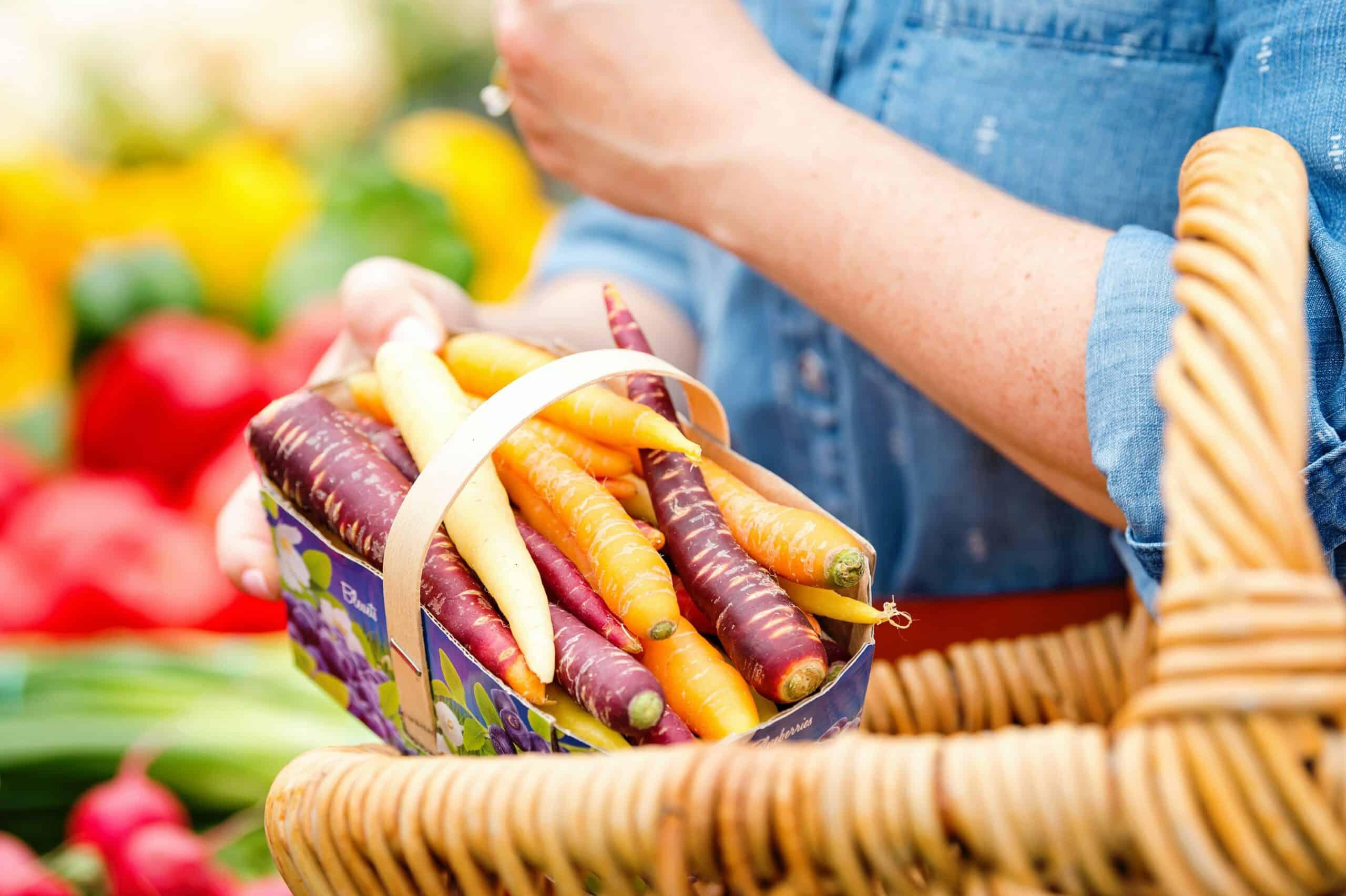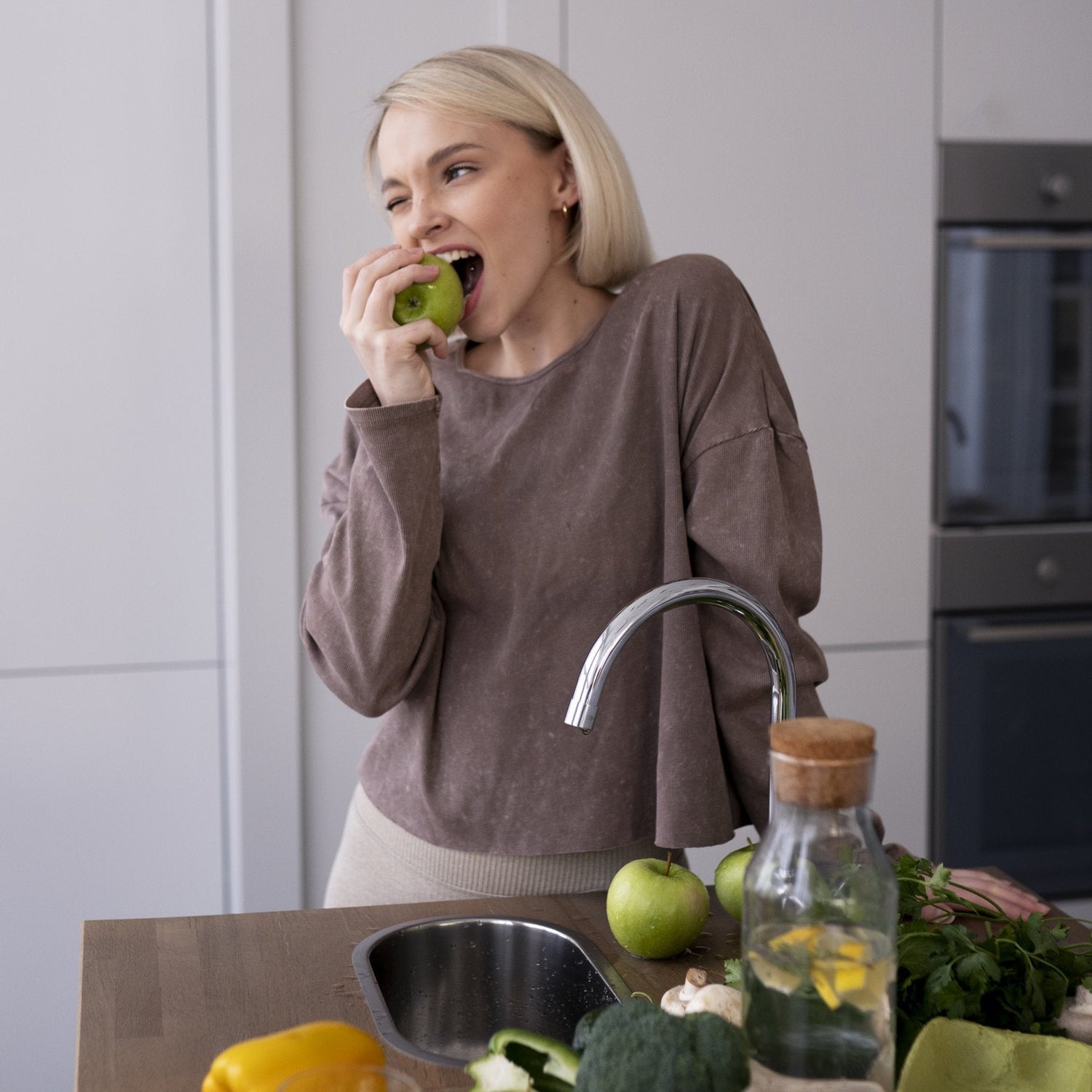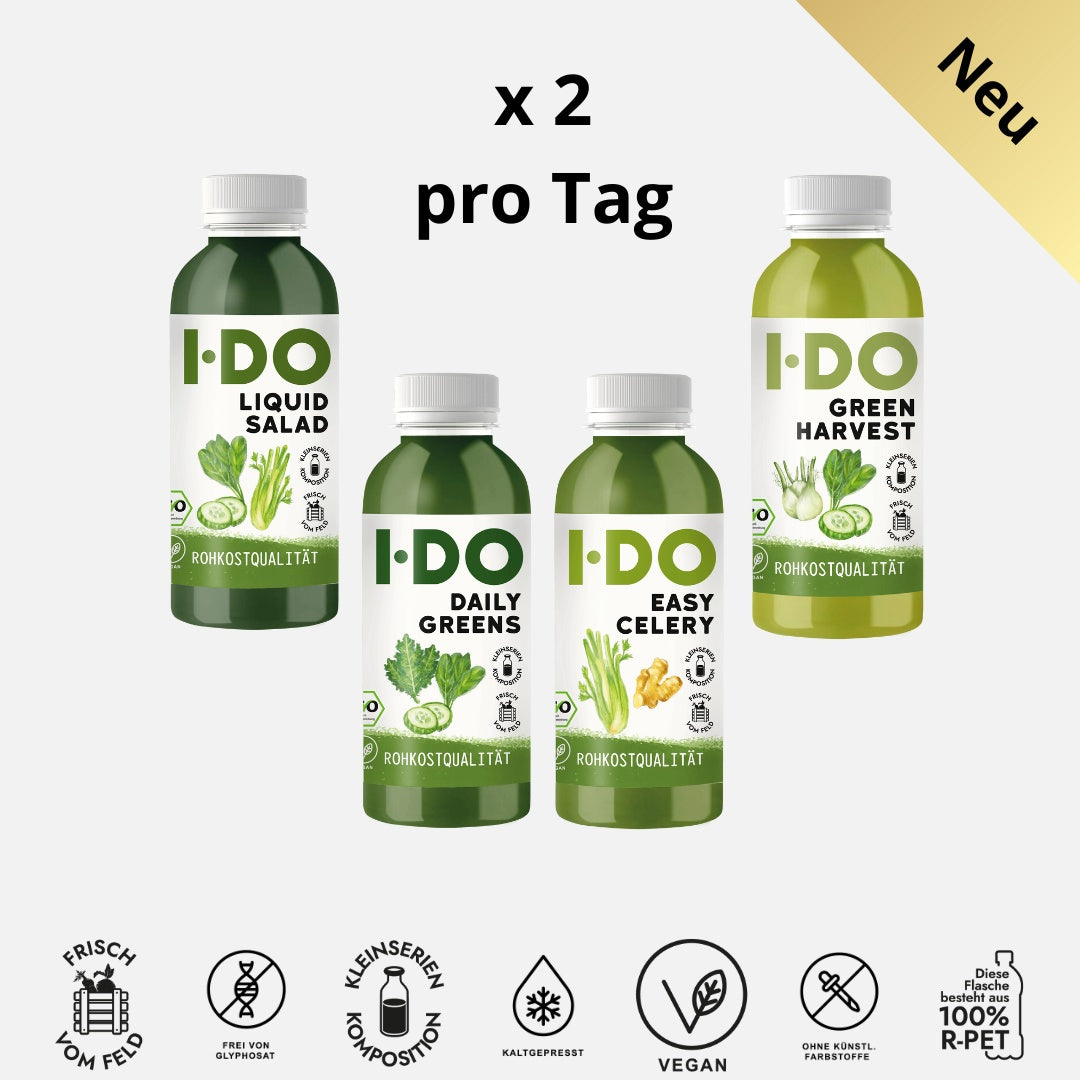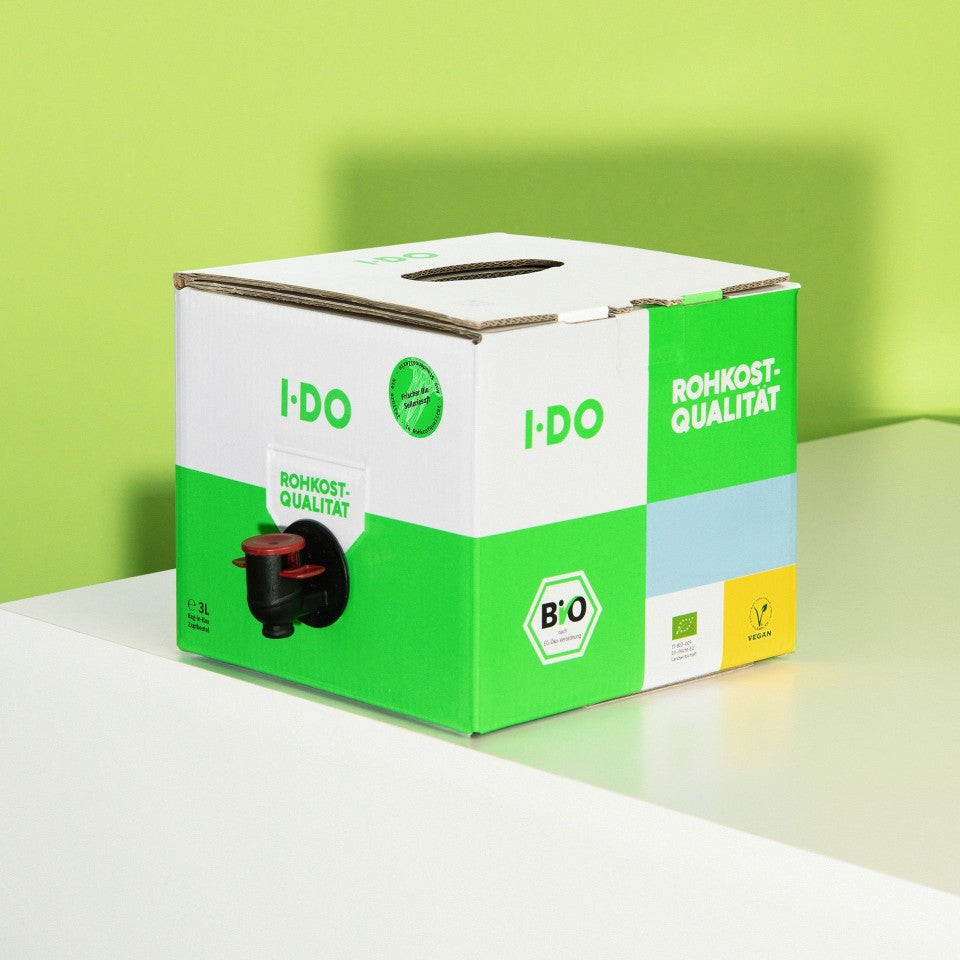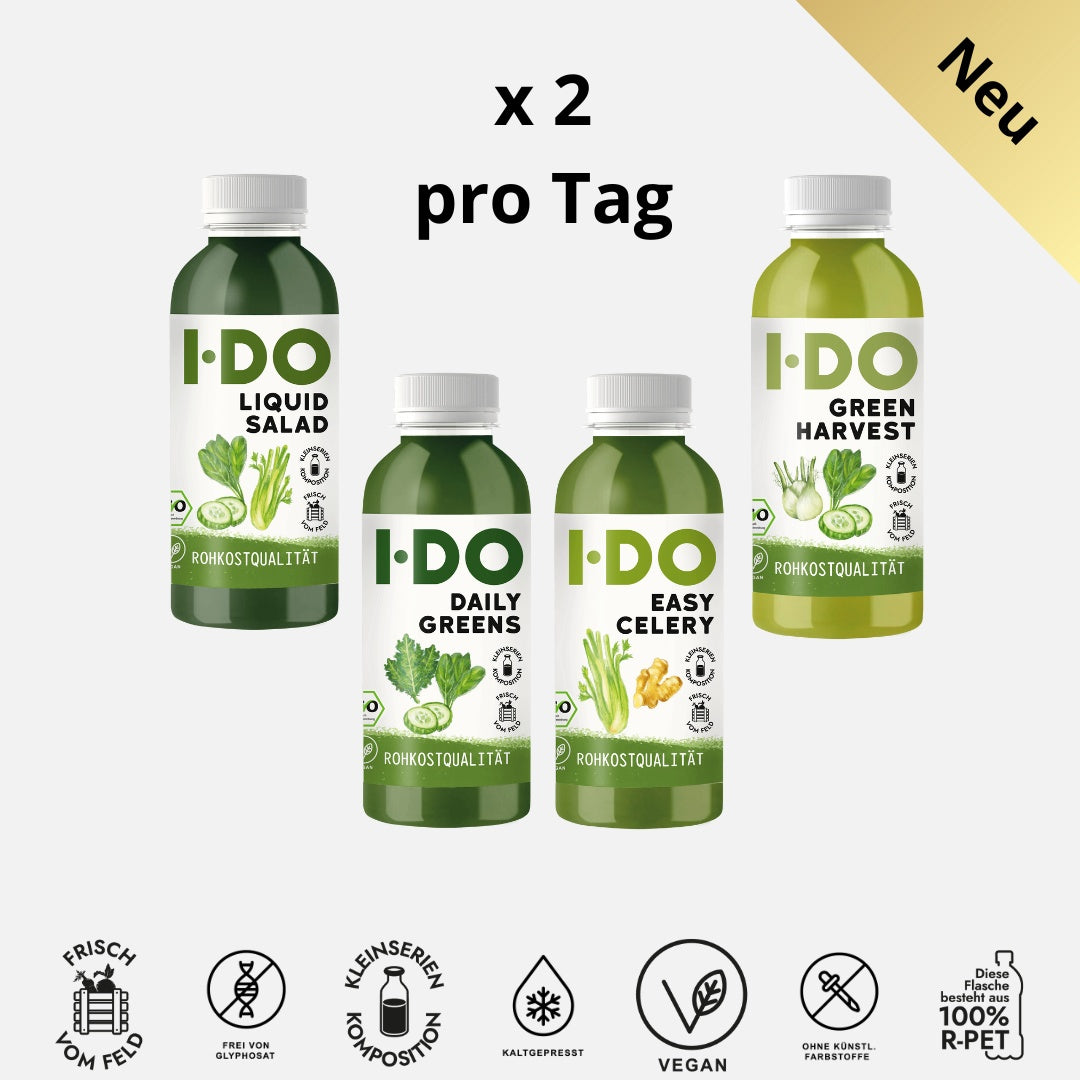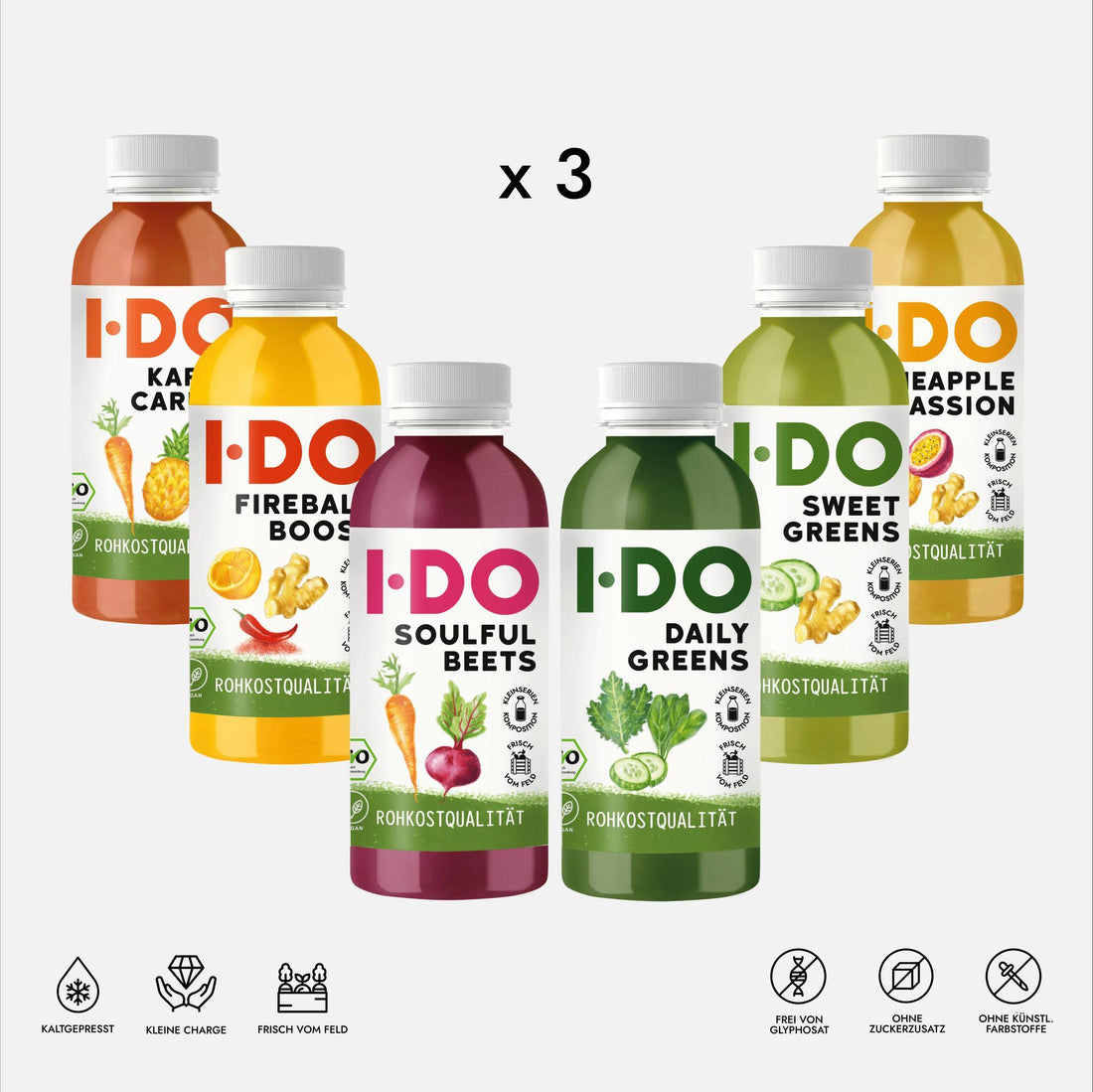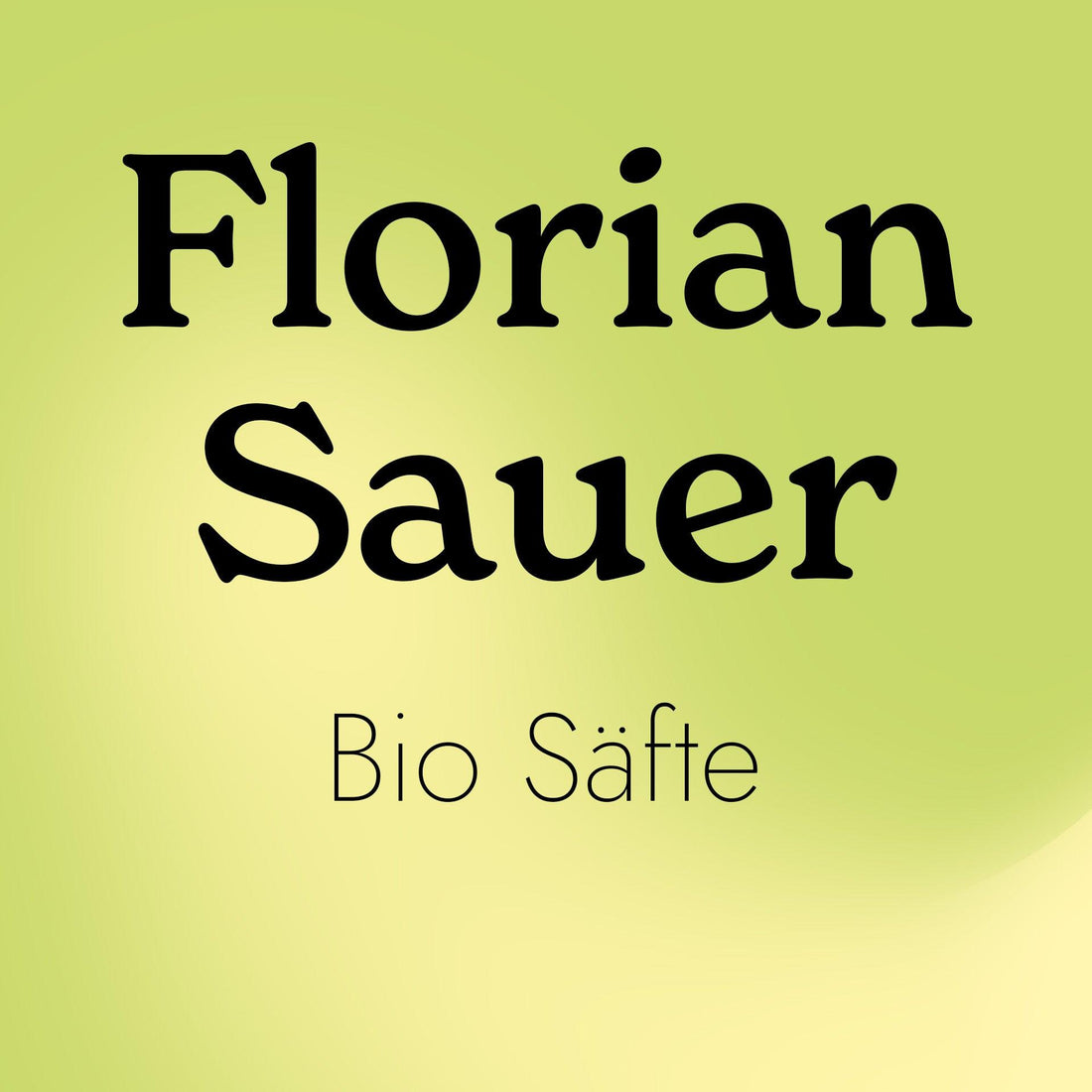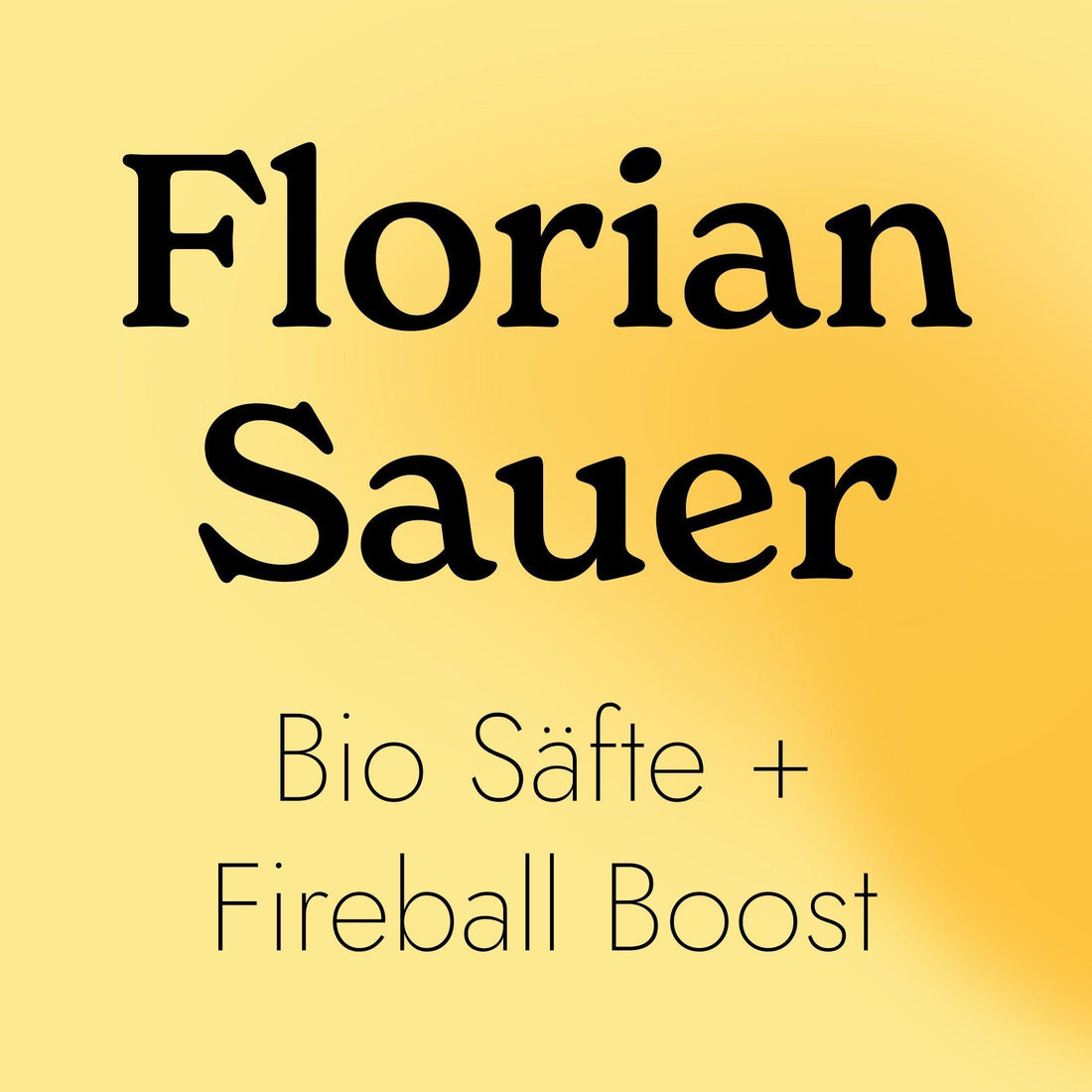Organic labels are no longer just found in farm shops and small organic chains; even discount supermarkets offer a growing range of organic products. As a consumer, it's easy to get a little confused by all the terms like organic, biological, eco, and ecological. The good news is that all these terms are legally protected in the EU – at least in the case of food products – and may only be used after careful review. But what's really behind the individual logos, and where certain pitfalls lie, you'll find out here.
What does "organic" actually mean?
Unfortunately, there's no single, universally applicable answer to this question. Ultimately, it depends entirely on the product you're dealing with. Depending on the product, "organic" can be either a government-certified and trustworthy label or simply an empty marketing term. At least with food, things are a bit clearer, as "organic" is a protected term. The situation is quite different with cosmetics, pharmaceuticals, or clothing. In this article, however, we want to focus on food and try to shed some light on the confusing array of organic labels. A lot has changed in the organic sector in recent years, and this is also important for our organic juice cleanse .
The usual organic labels
Consumers recognize organic products by the widely recognized EU organic logo in the form of a green leaf. It is mandatory for all packaged organic products within the EU that comply with EU regulations for organic farming. Since 2001, Germany has also had a hexagonal organic seal . Product manufacturers can voluntarily add this seal to the mandatory EU organic leaf logo. The introduction of the hexagonal logo was considered an important step in the further development of the organic market.
But what is really behind the organic labels?
The EU Organic Regulation sets out the minimum requirements for organic food within the EU. It precisely defines how agricultural products bearing an organic label must be produced and manufactured.
The organic label is only awarded after careful inspection to ensure that all criteria of EU legislation for organic farming are met. This includes, among other things:
- Organic farming prohibits the use of pesticides and mineral fertilizers.
- At least 95% of the ingredients must come from organic farming.
- No flavor enhancers, artificial flavorings, stabilizers or synthetic sweeteners may be used.
- Genetic engineering is strictly prohibited.
- In the processing of organic foods, a maximum of 50 additives are permitted. That may sound like a lot, but conventional foods regularly use over 300 additives.
- In the case of animal husbandry: Animals must not be fed antibiotics or growth hormones. Furthermore, tethering animals is not reimbursed.
Other organic labels
In recent years, the EU organic regulation has repeatedly come under criticism because it only sets minimum standards. For example, organic fruits and vegetables are often packaged in plastic, and even though organic animal husbandry is better than conventional farming, mass production still exists. Organic farmers are allowed to keep up to 3,000 chickens in one barn, which means that six chickens have to share one square meter. This has led to calls for even stricter guidelines. German organic associations such as Bioland, Demeter, and Naturland are building on the EU's minimum requirements with their own additional regulations.
Attention, this product contains no organic ingredients.
There are numerous flowery descriptions that conjure up images of idyllic green countryside and ample space for animals to roam, when in fact the product is by no means organic. Examples of such descriptions include:
- From controlled cultivation
- From an alternative perspective
- From environmentally friendly cultivation
- From state-approved farms
- Under independent control
- Unsprayed
Conclusion
With the boom in the organic market came an exponential increase in organic labels. While this sounds positive, it's difficult for consumers to keep track of them all. For this reason, the German government introduced the official organic label in 2001. This easily understandable organic label is designed to allow consumers to see at a glance whether a product is organic. At I·DO, we place great importance on organic production , and all our products bear the EU organic logo as well as the hexagonal organic seal.


